Ghana’s Economic Outlook: What It Means for the Poultry Sector
Ghana’s Economic Outlook: What It Means for the Poultry Sector…
Join Eggcellent Farms on a mission to deliver sustainable food production, economic opportunity, and long-term value for investors and communities alike.
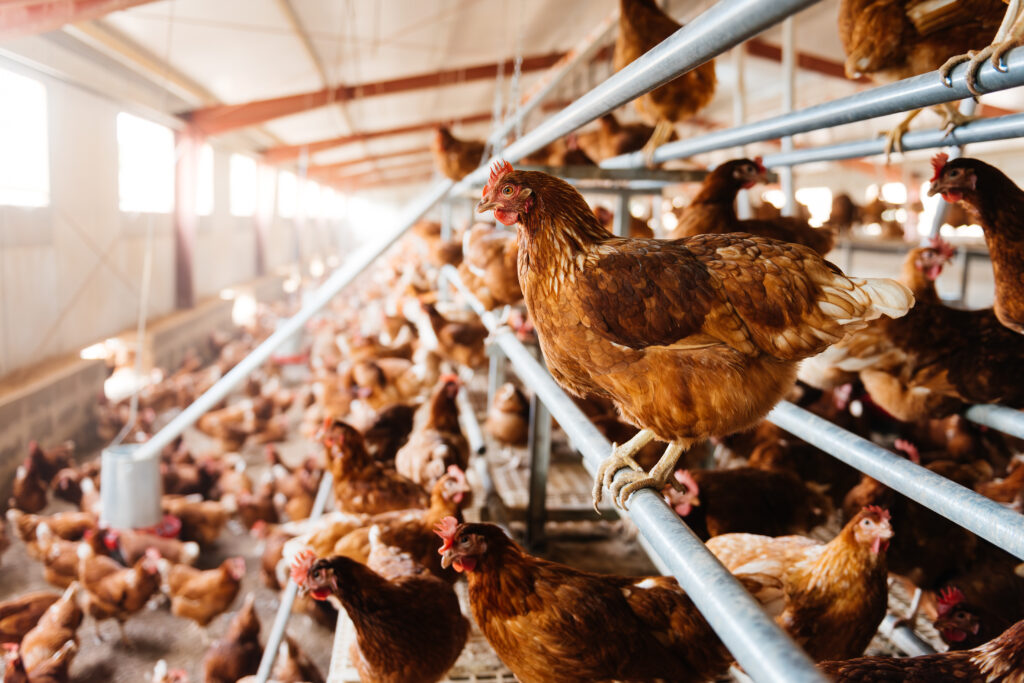
Ghana’s rapidly growing population, projected to exceed 35 million people by 2025 , drives a substantial and increasing demand for eggs. Despite this, local production currently meets less than 10% of the national poultry consumption needs. This creates a significant shortfall, leading to a heavy reliance on foreign imports and pushing up prices for consumers.
This market dynamic represents a clear and immediate opportunity for efficient, local producers like Eggcellent Farms to capture substantial market share and contribute to national food security.

Ghana’s market has 90%+ egg import reliance. Invest in capturing this vast, guaranteed local demand for essential protein.

30-egg crate prices surged from £0.84–£1.16 to £3.23–£4.52, indicating severe supply pressure.

Ghana consumes 31,000 MT of eggs annually, largely imported, costing more than £250 million annually.

Government initiatives actively back food security projects and local production, creating a favourable regulatory environment.
From raw land to a fully operational, high-performing egg production facility, Eggcellent Farms is being built through a series of carefully planned, mission-driven phases. Every step in our journey reflects our commitment to sustainability, food security, and rural empowerment. Below is a breakdown of the key milestones guiding our development, each designed to ensure that what we build not only works, but endures.

Pre-Construction & Planning

Infrastructure Development & Construction

Equipment Installation & Operational Setup
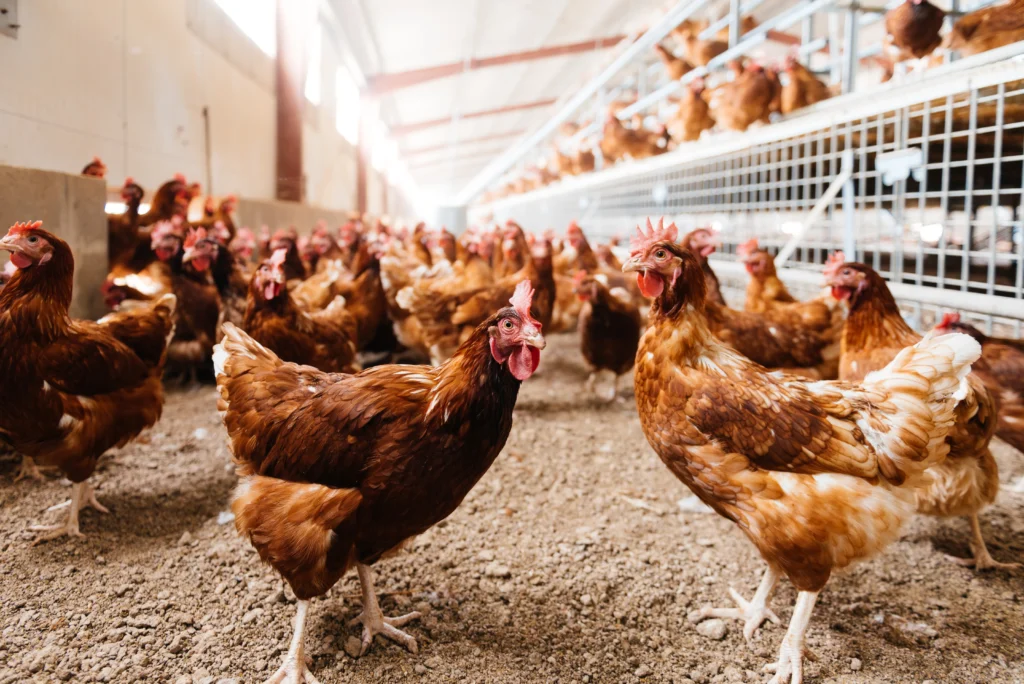
Stocking & Production Launch

Sales, Distribution & Growth
From raw land to a fully operational, high-performing egg production facility, Eggcellent Farms is being built through a series of carefully planned, mission-driven phases. Every step in our journey reflects our commitment to sustainability, food security, and rural empowerment. Below is a breakdown of the key milestones guiding our development, each designed to ensure that what we build not only works, but endures.

Identify and purchase suitable land for the farm.

Clear vegetation, level ground, and prepare access roads.

Design layout for pens, storage, staff housing, water systems, and access ways.

Obtain land use permits, environmental clearances, and other licenses.
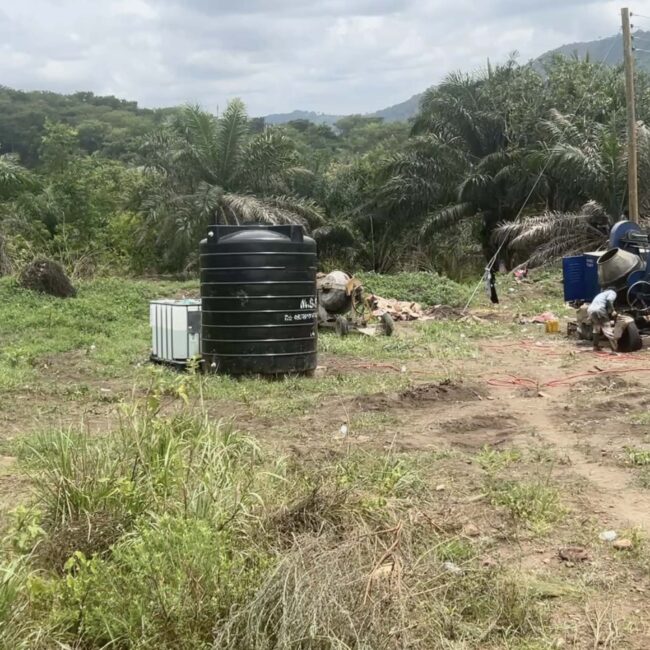
Drill boreholes, install tanks, and set up plumbing for the site.

Set up electricity supply and lighting.

Build poultry houses, feed stores, staff quarters, and administrative spaces.

Install perimeter fencing, biosecurity checkpoints, footbaths, and sanitation systems.

Purchase feeders, drinkers, cages, brooding equipment, and other tools.

Hire and train key personnel on farm operations and biosecurity.

Test water systems, ventilation, feeding lines, electrical supply, and emergency procedures.

Procure and stock chicks or pullets.

Commence full operational activities — brooding, growing, and production.

Build customer network, set up distribution channels, and arrange logistics.

Monitor production performance, address operational gaps, and plan phased expansion or scaling.
Our vision for Eggcellent Farms is brought to life through meticulous planning and advanced design. We are developing a modern, high-efficiency poultry facility that integrates cutting-edge technology for optimal production and sustainable operations.
Eggcellent Farms is designed for scalable, efficient, and ethical production. We leverage global best practices and technology to ensure optimal output and sustainable operations.
With our planned capacity, Eggcellent Farms aims to house an example of 200,000 hens, capable of yielding an estimated 50 million fresh, high-quality eggs annually. This scale of production could represent an illustrative annual revenue potential of GHS 50 million to GHS 60 million (figures are illustrative and based on generic market prices for bulk quantities of eggs in Ghana, like GH₵ 60-75 per crate, acknowledging actual prices vary).
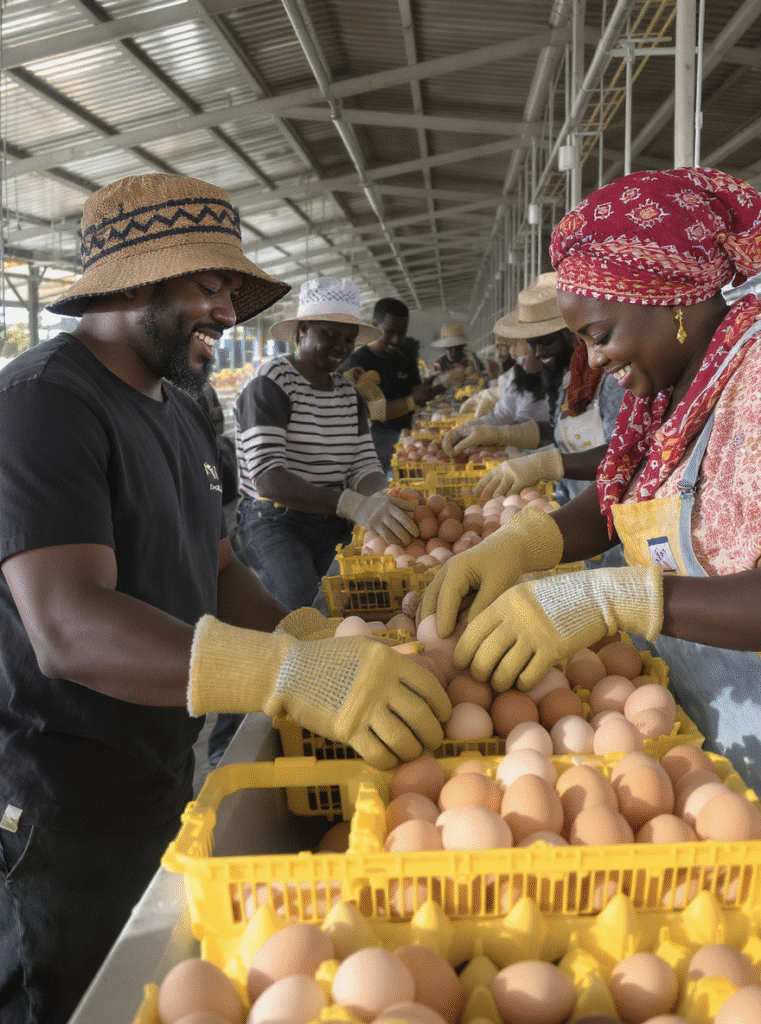
We utilize high-performing ISA Brown chickens, globally recognized for their exceptional egg yield (e.g., capable of over 300-350 first-quality eggs per laying cycle) and efficient feed conversion.
Our base in the Volta Region provides access to resources and markets, supported by improving infrastructure.
The Ghanaian government actively supports the growth of the local poultry sector, creating a favorable investment climate
Initiatives like the "Feed Ghana" program (launched June 2025), championed by figures like Dr. Peter Boamah Otokunor, aim to train 20,000 young Ghanaians, create 1.7 million jobs, and establish/upgrade feedmills (Source: Graphic Online).
While subject to ongoing policy, the intent behind potential import tariffs and domestic incentives is to protect local producers and foster a competitive environment.
Our operations are inherently aligned with these governmental goals and broader ESG principles. By contributing to local production, we:
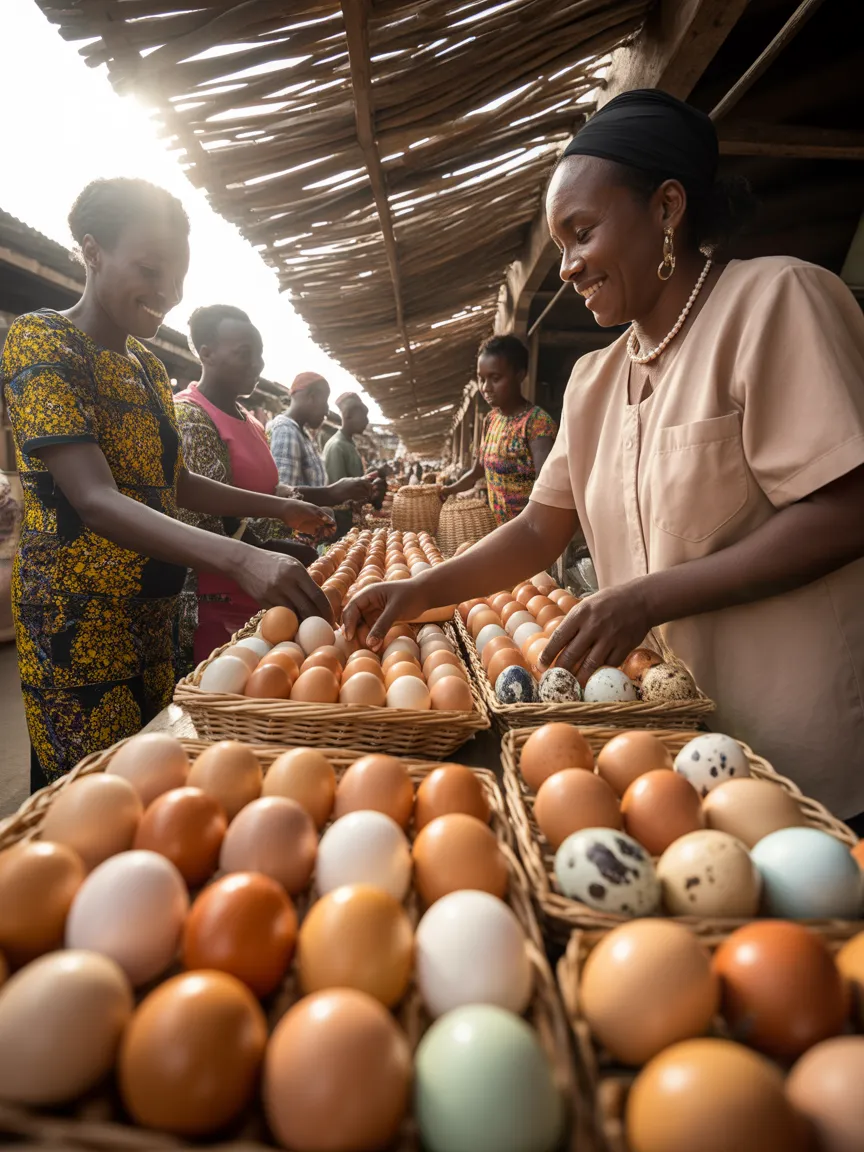

Eggcellent Farms is more than a business, it’s a movement to strengthen food security, empower communities, and reshape the future of farming in West Africa.
Whether you’re an investor, partner, or supporter, now is the time to get involved.
Explore the full investment opportunity on SeedLegals, and let’s grow something meaningful, together.
Ghana’s Economic Outlook: What It Means for the Poultry Sector…
Building Sustainable Communities Through Local Poultry Farming Discover how investing…
Government Initiatives and Their Impact on Ghana’s Poultry Sector Explore…